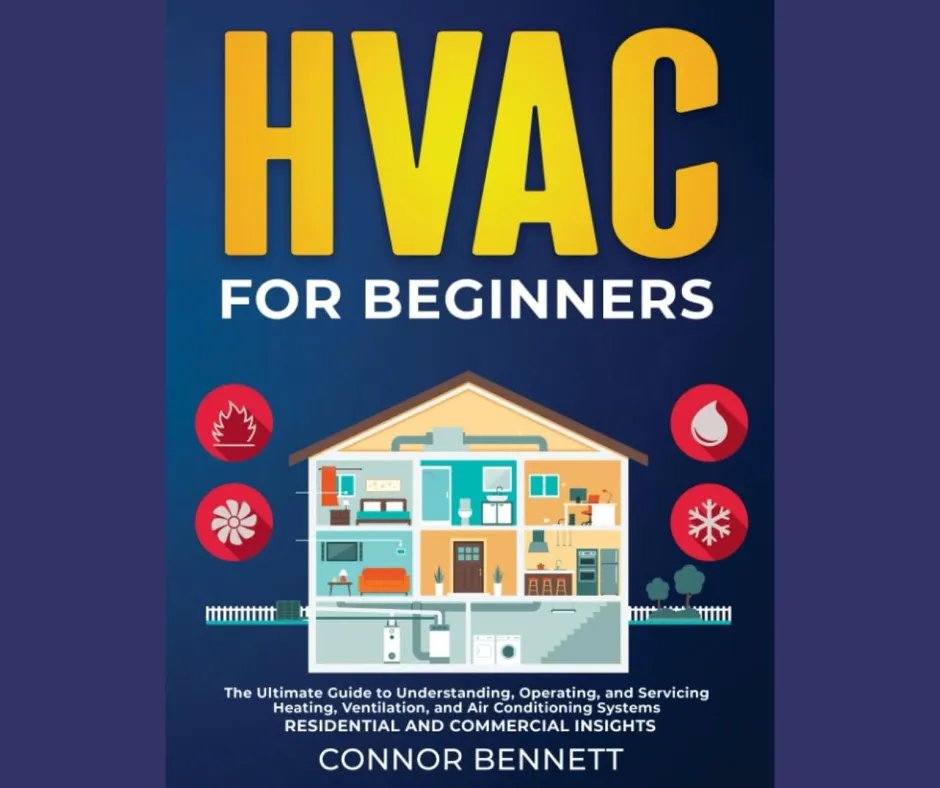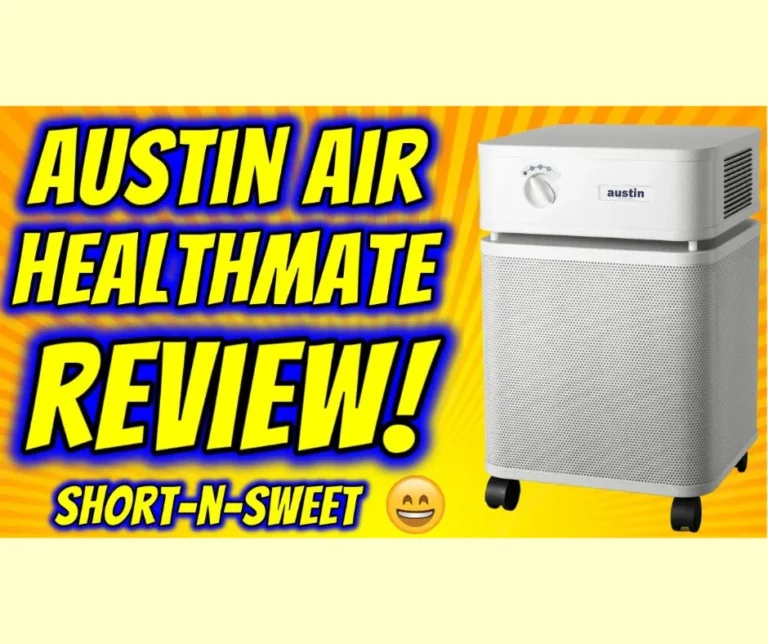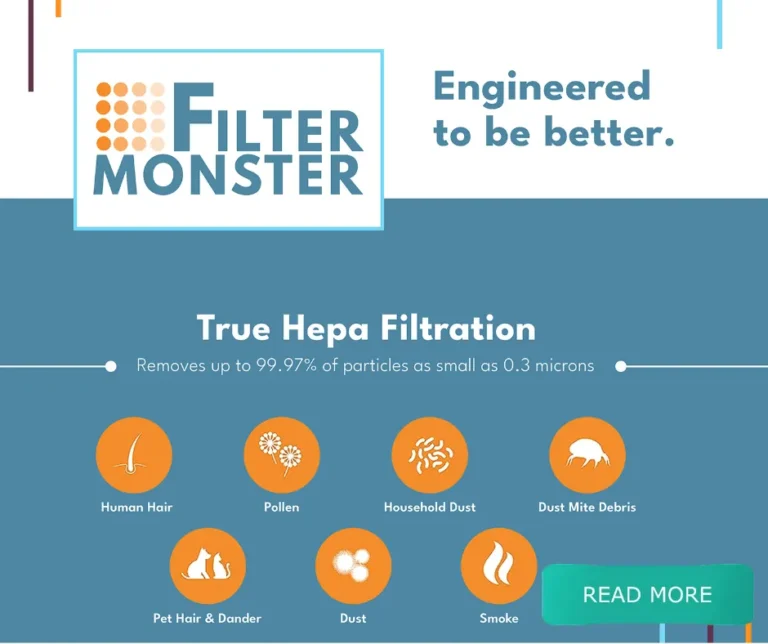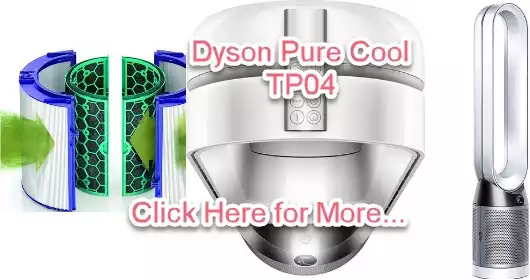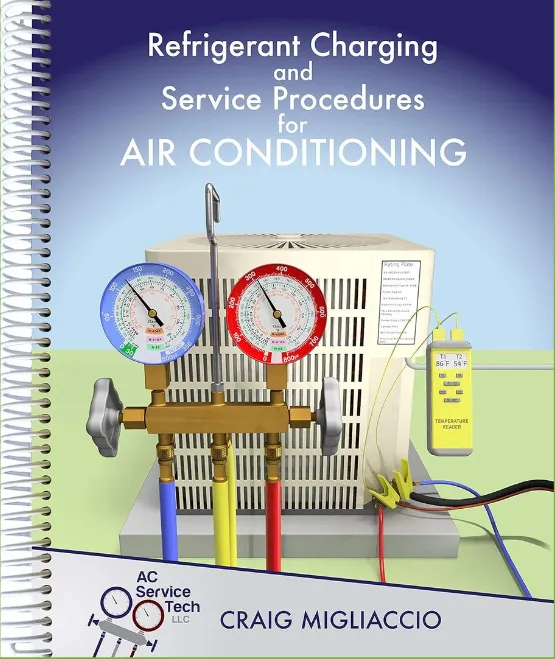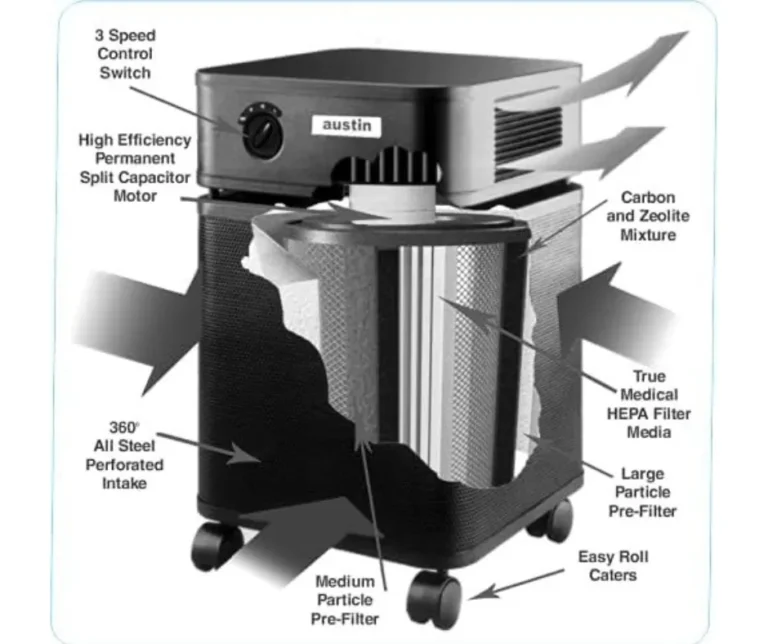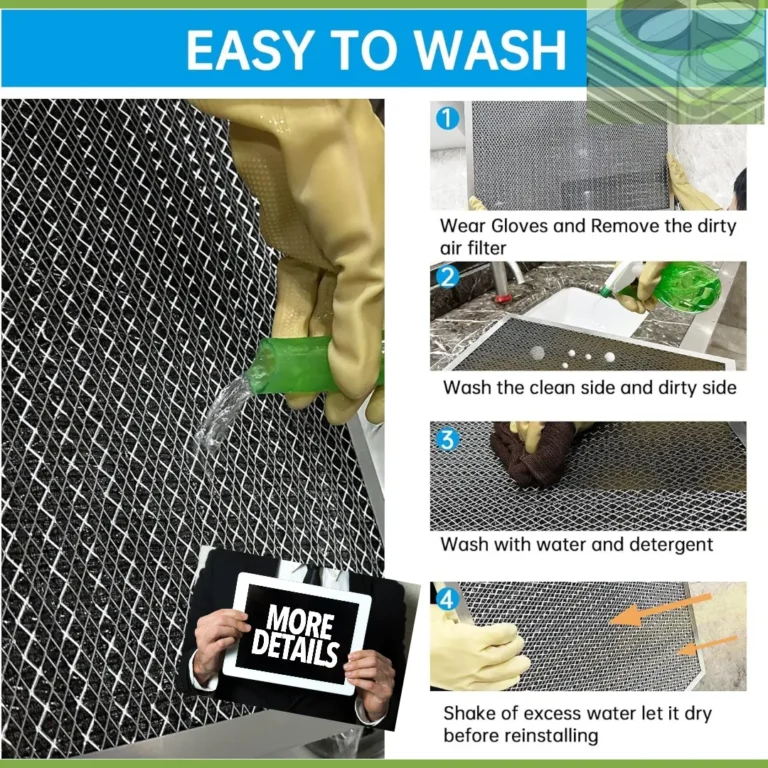Insider Secrets for Optimal Indoor Air Quality
If you’re like most homeowners, you probably don’t think about your HVAC system until something goes wrong.
However, the quality of your indoor air is directly affected by your heating, ventilation, and air conditioning system.
In fact, according to the Environmental Protection Agency, the air inside your home can be up to five times more polluted than the air outside.
This is why it’s crucial to not only maintain your HVAC system but also utilize insider tips and tricks to ensure optimal indoor air quality.
In this article, you’ll discover some lesser-known Insider Secrets for Optimal Indoor Air Quality from HVAC professionals that can dramatically improve the air you and your family breathe.
By implementing these tips and tricks, you’ll not only create a healthier living environment but also potentially save money on energy costs and extend the lifespan of your HVAC system.
So, let’s dive into the world of HVAC and learn how to achieve the cleanest and freshest indoor air possible.
Table of Contents Insider Secrets for Optimal Indoor Air Quality
Optimize air flow with proper filter maintenance
To ensure optimal indoor air quality, it is crucial to prioritize the maintenance of your HVAC system’s air filters.
Dirty or clogged filters can significantly impede airflow, reducing the efficiency of your system and potentially leading to poor air quality.
Regularly inspecting and replacing filters is a simple yet essential task that should not be overlooked.
By doing so, you not only improve the overall performance of your HVAC system but also enhance the quality of the air circulating throughout your space.
Remember to consult the manufacturer’s guidelines or seek professional advice to determine the recommended frequency of filter replacement based on your specific system and usage.
Taking these preventive measures will go a long way in optimizing air flow and ensuring a healthier indoor environment for you and your loved ones.
Use a programmable thermostat for energy efficiency
An effective strategy to enhance energy efficiency in your HVAC system and maintain optimal indoor air quality is by utilizing a programmable thermostat.
By taking advantage of this advanced technology, you can easily regulate the temperature settings in your home or office based on your specific needs throughout the day.
With a programmable thermostat, you have the freedom to schedule temperature adjustments, such as lowering the heat or cooling during periods of absence or at night when comfort levels can be slightly reduced.
This intelligent control allows you to reduce energy consumption and minimize unnecessary usage, saving you both money and resources.
By efficiently managing your HVAC system’s temperature, you not only promote energy efficiency but also ensure a comfortable and healthy indoor environment.
Consider incorporating a programmable thermostat as part of your HVAC system to optimize energy usage and create an ideal living or working space.
Consider upgrading to a smart HVAC system
To further enhance your HVAC system and take your indoor air quality to the next level, it is worth considering upgrading to a smart HVAC system.
These sophisticated systems utilize cutting-edge technology and advanced sensors to provide precise control and customization of your indoor environment.
With a smart HVAC system, you can remotely monitor and adjust your temperature settings, humidity levels, and air quality parameters using a smartphone or tablet.
This level of control not only ensures maximum comfort but also allows you to optimize energy usage by intelligently managing your HVAC system’s performance.
Smart HVAC systems can also provide valuable insights and analytics on your energy consumption, helping you identify patterns and make informed decisions to further improve efficiency.
By upgrading to a smart HVAC system, you can enjoy the convenience, efficiency, and superior indoor air quality that these advanced systems offer.
Regularly clean and dust vents
To maintain optimal indoor air quality and ensure the efficient operation of your HVAC system, it is essential to regularly clean and dust your vents.
Over time, dust, dirt, and other debris can accumulate in your vents, obstructing airflow and reducing the effectiveness of your system.
This can result in poor air quality, decreased comfort, and potentially increased energy consumption.
By regularly cleaning and dusting your vents, you can prevent the buildup of contaminants, allowing for better airflow and improved air quality.
It is recommended to use a vacuum cleaner with a brush attachment or a soft cloth to gently remove any accumulated dust or debris.
Additionally, consider scheduling professional HVAC maintenance at least once a year to thoroughly clean and inspect your system, ensuring that your vents and ductwork remain clean and free from any obstructions.
By taking these simple steps, you can optimize the performance of your HVAC system and enjoy superior indoor air quality for a healthier and more comfortable living environment.
Schedule professional maintenance biannually
To maintain optimal indoor air quality and prolong the lifespan of your HVAC system, it is highly recommended to schedule professional maintenance biannually.
While regular cleaning and dusting of vents can help mitigate the accumulation of debris, there are hidden areas within your system that require expert attention.
By engaging a qualified HVAC technician, they can conduct a comprehensive inspection, clean the internal components, and identify any potential issues before they escalate into costly repairs.
Professional maintenance biannually ensures that your system operates at peak efficiency, reducing energy consumption and improving indoor air quality.
Don’t overlook the importance of this insider secret in maintaining an optimal HVAC system for a comfortable and healthy indoor environment.
In conclusion, implementing these HVAC tips and tricks can greatly improve the indoor air quality of your home or business.
Remember to regularly clean and maintain your system, change air filters, and consider investing in air purifiers or UV lights.
With these insider secrets, you can ensure optimal air quality for your space and the health and comfort of those inside.
Keep these tips in mind and consult a professional for any further assistance.
Your indoor air quality is important, and with the right HVAC practices, you can create a clean and healthy environment.
FAQ
What are some insider tips for improving indoor air quality using HVAC systems?
To improve indoor air quality using HVAC systems, you should regularly clean or replace air filters to prevent the buildup of dust and allergens.
Additionally, make sure your HVAC system is properly maintained and serviced to ensure optimal performance.
Consider installing a high-efficiency particulate air (HEPA) filter to catch smaller particles and pollutants.
It’s also important to keep your home well-ventilated by opening windows or using exhaust fans to remove stale air.
Lastly, consider using air purifiers or plants that can naturally filter and improve the air quality in your home.
Are there any lesser-known tricks or techniques that can help optimize the performance of HVAC systems for better air quality?
Did you know that regularly cleaning or replacing your HVAC system’s air filters can significantly improve air quality? By keeping the filters clean, you can prevent dust, allergens, and other particles from circulating in your home.
Additionally, using a programmable thermostat can help optimize the performance of your HVAC system by adjusting the temperature based on your schedule.
This can save energy and ensure that clean, fresh air is circulated when needed.
Another lesser-known trick is to seal any air leaks in your home, as this can prevent the entry of pollutants and improve the overall efficiency of your HVAC system.
How can HVAC professionals identify and address common issues that may affect indoor air quality?
As an HVAC professional, you can identify and address common issues that affect indoor air quality by conducting thorough inspections of ventilation systems, air filters, and ductwork.
Use your expertise to identify potential sources of pollution, such as mold, dust, or chemical emissions.
Implement regular maintenance and cleaning schedules to ensure optimal air quality.
Additionally, educate clients on the importance of proper ventilation, air filtration, and humidity control.
Provide recommendations for air purifiers, dehumidifiers, and ventilation upgrades as necessary.
By taking these steps, you can help improve indoor air quality for your clients and create a healthier living environment.
Are there any specific maintenance tasks or practices that can be done to ensure optimal air quality through HVAC systems?
To ensure optimal air quality through your HVAC system, there are several maintenance tasks and practices you can follow.
Firstly, regularly clean or replace air filters to prevent dust and allergens from circulating.
You should also clean the vents and ducts to remove any accumulated debris.
Regularly inspect and clean the condenser coils and evaporator coils to maintain efficient cooling and heating.
It is important to schedule professional HVAC maintenance at least once a year to check for any potential issues and optimize system performance.
Additionally, consider installing air purifiers or UV lights to further improve air quality.
Can you provide any insider secrets or hacks for homeowners to improve indoor air quality without relying solely on HVAC systems?
Sure, you can improve indoor air quality without relying solely on HVAC systems.
Firstly, open windows and doors regularly to allow fresh air to circulate.
Use natural ventilation methods like cross-ventilation or window fans.
Secondly, incorporate houseplants into your decor as they act as natural air purifiers.
Plants like peace lilies, spider plants, and aloe vera are known to filter harmful toxins.
Thirdly, regularly clean and vacuum your home to reduce dust and allergens.
Additionally, avoid using chemical-based cleaners and opt for natural alternatives like vinegar or baking soda.
Lastly, consider using air purifiers with HEPA filters to capture airborne pollutants.

